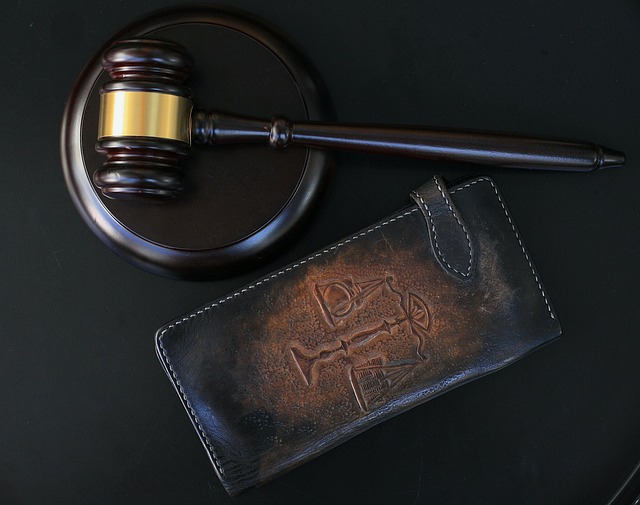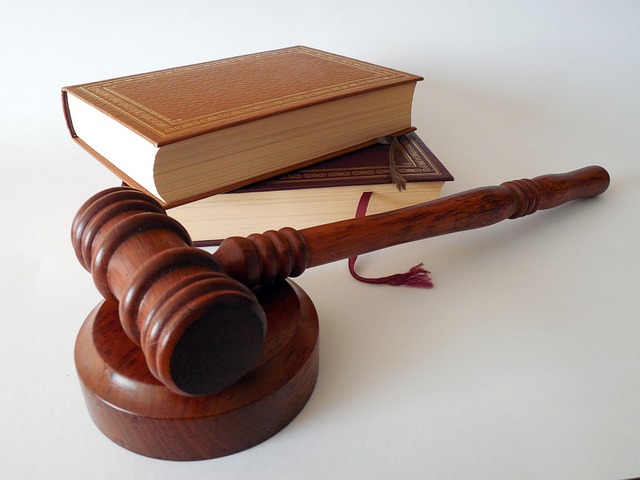Understanding Due Process rights is crucial in criminal law cases for fair treatment and just trials, including informed charges, protection against self-incrimination, confronting witnesses, and legal representation. Legal professionals leverage this knowledge to handle evidence fairly, maintain system integrity, and safeguard accused individuals' rights. In healthcare legal issues, especially criminal law cases, proper handling of medical records is paramount, with strict adherence to protocols and privacy regulations impacting case outcomes and public trust. Balancing patient autonomy and institutional obligations presents complex scenarios, requiring robust internal protocols and comprehensive legal frameworks for ethical dilemma navigation.
In the intricate landscape of healthcare, legal issues often surface, demanding careful navigation. This article delves into critical aspects of healthcare law, focusing on due process rights in criminal law cases, evidence handling and privacy implications, as well as ethical dilemmas between patient autonomy and institutional obligations. Understanding these components is essential for professionals aiming to ensure fair practices and protect patient rights within the legal framework, especially in criminal justice settings.
- Understanding Due Process Rights in Criminal Law
- Legal Implications of Evidence Handling and Privacy
- Navigating Ethical Dilemmas: Patient Autonomy vs. Institutional Obligations
Understanding Due Process Rights in Criminal Law

In criminal law cases, understanding due process rights is paramount for both defendants and legal professionals alike. Due Process ensures that individuals accused of crimes are treated fairly and have the right to a thorough and just trial. This includes the right to be informed of the charges, protection from self-incrimination, the ability to confront witnesses, and access to legal representation throughout all stages of the investigative and enforcement process.
Knowing these rights is crucial for building a winning challenging defense verdict. Across the country, legal teams leverage their understanding of due process to navigate complex cases, ensuring that evidence is collected and presented fairly and that every step of the legal process adheres to established rules. This knowledge not only protects the rights of the accused but also strengthens the overall integrity of the criminal justice system.
Legal Implications of Evidence Handling and Privacy

The proper handling of evidence is a critical aspect of healthcare legal issues, especially in criminal law cases where due process must be strictly adhered to. Across the country, high-stakes cases often hinge on the integrity and admissibility of medical records and other relevant documents. Attorneys representing their clients in such scenarios must ensure that all evidence is properly collected, stored, and presented, adhering to strict legal protocols and privacy regulations.
Privacy concerns play a significant role in this process, as sensitive patient information must be safeguarded. Healthcare providers and legal professionals alike are held to high standards when dealing with personal health data. Inadequate or improper handling of evidence can have severe consequences, potentially compromising not just the outcome of individual cases but also public trust in the healthcare system as a whole.
Navigating Ethical Dilemmas: Patient Autonomy vs. Institutional Obligations

Navigating Ethical Dilemmas: Patient Autonomy vs. Institutional Obligations presents a complex landscape in healthcare law. As patient rights gain prominence, institutions face the challenge of balancing individual autonomy with their institutional duties. This delicate equilibrium is particularly evident when dealing with life-saving treatments or sensitive information. For instance, while patients have the right to refuse medical treatment, hospitals are bound by their ethical and legal obligations to provide care.
The interplay between patient autonomy and institutional obligations demands careful consideration, especially in high-stakes scenarios. In criminal law cases involving medical evidence, due process ensures fairness across the country. An unprecedented track record of successful navigation through these ethical dilemmas highlights the importance of robust internal protocols and a comprehensive understanding of legal frameworks at all stages of the investigative and enforcement process.
In navigating healthcare legal issues, from due process in criminal law cases to evidence handling and patient autonomy, it’s clear that a delicate balance must be struck between protecting individual rights and ensuring institutional obligations. As we’ve explored, understanding these complexities is vital for both legal professionals and healthcare providers. By adhering to ethical guidelines and respecting privacy, we can foster a system that upholds justice while providing compassionate care.






